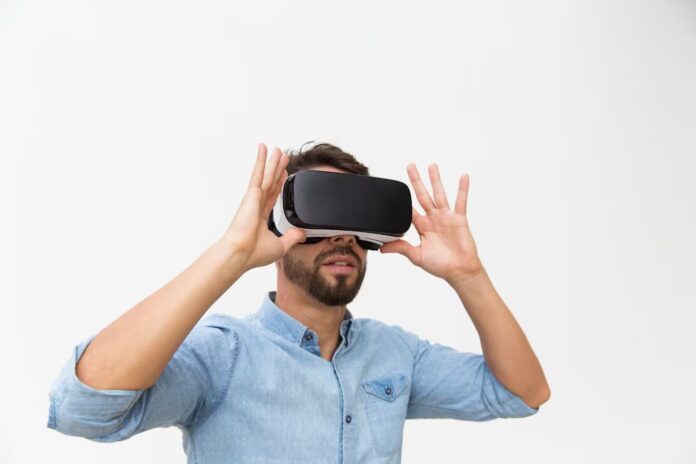Finding the perfect VR phone involves considering several factors to ensure an immersive virtual reality experience. Virtual reality (VR) has gained immense popularity in recent years, and many smartphones offer compatible VR capabilities. To help you choose the best VR phone, follow this ultimate guide:
1. Performance and Hardware:
a. Processing Power: A powerful processor (CPU) and graphics processing unit (GPU) are essential for a smooth VR experience. Look for phones with high-end processors like Qualcomm Snapdragon 800 series or equivalent.
b. RAM: Opt for a phone with at least 6GB of RAM to ensure smooth multitasking and prevent lag during VR sessions.
c. Display: A high-resolution and vibrant display is crucial for an immersive VR experience. Look for phones with AMOLED or OLED screens, as they provide better contrast and color accuracy.
d. Refresh Rate: A higher refresh rate (90Hz or above) minimizes motion blur and contributes to a more realistic VR experience.
e. Screen Size: Larger screens provide a more immersive VR experience, but make sure the phone is still comfortable to hold and use.
2. Compatibility:
a. VR Platform: Choose a phone that supports popular VR platforms like Google Cardboard, Daydream, Oculus, or other third-party VR platforms.
b. Sensors: Ensure the phone has necessary sensors like gyroscope, accelerometer, and magnetometer for accurate head tracking in VR.
c. Operating System: Make sure the phone runs a compatible operating system (OS) for your preferred VR apps and games.
3. VR Content and App Support:
a. App Store: Check the availability of VR apps, games, and experiences in the app store of the phone’s OS. A rich library of VR content enhances your experience.
b. Third-party Support: Some phones support third-party VR apps and platforms, expanding your options for VR content.
4. Comfort and Ergonomics:
a. Weight and Size: Choose a phone that strikes a balance between screen size and overall weight, as it affects comfort during extended VR sessions.
b. Heat Dissipation: VR experiences can generate heat, affecting performance and user comfort. Phones with efficient heat dissipation mechanisms are preferable.
5. Battery Life:
a. Capacity: A larger battery capacity ensures longer VR sessions without interruptions.
b. Fast Charging: Quick charging capabilities help recharge the battery faster, allowing you to resume VR experiences sooner.
6. Audio Quality:
a. Built-in Audio: Phones with front-facing stereo speakers or high-quality audio output enhance the overall immersive experience.
b. 3D Audio: Phones with support for 3D audio create a more realistic soundscape in VR environments.
7. Price and Budget:
Choose a phone that aligns with your budget while still meeting your VR requirements. High-end phones typically offer better VR performance but may come at a higher price.
8. Additional Accessories:
Consider any additional VR accessories that may enhance your experience, such as compatible VR headsets, motion controllers, and external sensors.
9. User Reviews and Recommendations:
Read user reviews and seek recommendations from VR enthusiasts to gain insights into the real-world VR performance of different phones.
10. Future Compatibility:
Choose a phone with hardware and software that will remain relevant for a reasonable period, as VR technology evolves.
Ultimately, the perfect VR phone depends on your personal preferences, intended usage, and budget. Research thoroughly, compare options, and prioritize the factors that matter most to you in order to make an informed decision.

















